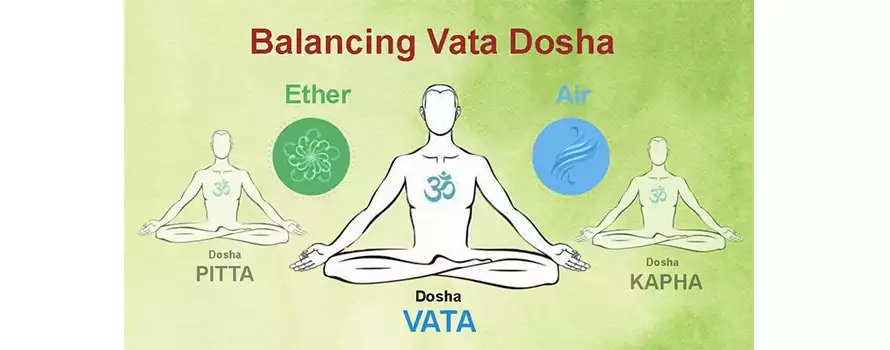Allergic rhinitis is characterised by allergy symptoms in the nasal canal. Allergic rhinitis can be perpetual or seasonal, occurring all year long or only during certain seasons. The allergens that most frequently cause seasonal allergic rhinitis are spores from fungi and moulds as well as pollen from trees, grasses, and weeds. House dust mites, cockroaches, animal dander, and fungi or mould are the allergens most frequently responsible for perennial allergic rhinitis. Treatment for persistent allergic rhinitis can be more challenging.
How does allergic rhinitis occur?
This disorder develops when allergens, which are substances that cause allergies, come into contact with the nose, and frequently also with the ears, sinuses, and throat. The nasal and sinus lining is exposed to allergens, which causes the cells to release the chemical histamine, which results in the allergy symptoms listed below.
What are the symptoms?
- Nasal congestion
- Sneezing
- Watery ” runny nose”
- Itchy eyes, nose, or throat
- Puffy eyes or ‘allergic shiners’
- Post nasal drip
- Tears
These signs could manifest seasonally or all year long. Any age can have them.
Risk factors for allergic rhinitis
Everyone can get allergies, but if your family has a history of allergies, you’re more likely to get allergic rhinitis. This disease may be brought on by or made worse by certain outside causes, such as:
- Cigarette smoke
- Chemicals
- Cold temperatures
- Humidity
- Wind
- Air pollution
- Hairspray
- Perfumes
- Colognes
- Wood smoke
- Fumes
Ayurvedic concept of rhinitis
Allergic rhinitis is compared to Vata-Kaphaja Pratishhaya in Ayurveda. Other concepts that predict allergic symptoms include Ama, Asatmya, and Virudh Aahara.
Ama is the result of poor metabolism and digestion. It has an impact on Rasa and Rakta Dhatu, which causes Pratishyaya to manifest. Inappropriate food pairings (Virudh Aahar), such as fish with milk, fruit juice with milk, clarified butter with honey, ice cream after dinner, etc., have antagonistic qualities that can cause allergy.
According to Ayurveda, treating a condition holistically involves balancing the three doshas that exist in the human body. Phlegm removal, reducing the relevant dosha, and detoxifying are all part of the treatment. In addition to boosting the immune system, dietary and lifestyle changes may be required to permanently treat this illness. Allergic rhinitis can be effectively treated with Panchakarma.
Ayurvedic treatment for cold allergy /allergic rhinitis:
- Virechana is provided after Vamana Panchakarma therapy if the symptoms are severe and in chronic circumstances. This aids in balancing Tridosha and relieving Ama.
- Nasya treatment (nasal drops therapy) may occasionally be given when the patient has a healthy digestive system using herbal oils like Anu taila or Shadbindu Taila.
- Ayurvedic medications are given to strengthen the upper respiratory tract and increase respiratory immunity following the aforementioned Panchakarma procedures.
Diet management:
- Consider consuming light fare, lukewarm water, and Kapha Nashaka meals such as soups, beans, and mildly spicy foods.
- Avoid eating foods that are heavy, fermented, congestive, too hot or cold, soar, not vegetarian, or sweets like bananas, curd, yoghurt, ice cream, desserts, cakes, or yellow grams.
- Steer clear of alcoholic and cold drinks.
If you have a specific concern, you can consult our Ayurvedic doctor.



